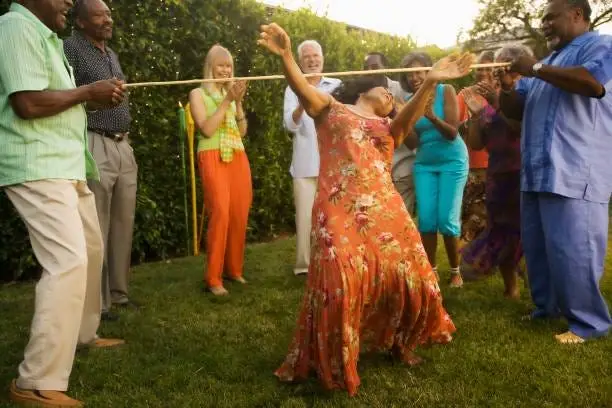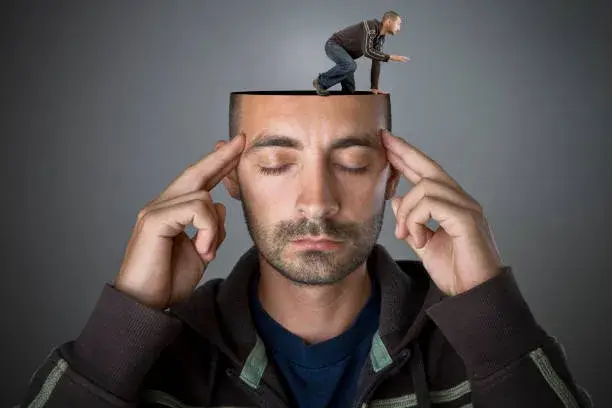“I forgive you…”
Have you ever told someone, “I forgive you,” and then felt weird about it? Like you just appointed yourself judge for the day?
“Who am I to forgive?”
“Why do I feel superior?”
There’s something about forgiveness that can feel almost arrogant, as if we’re claiming moral superiority.
Forgiveness can feed our ego.
Like you’re claiming the moral high ground you never wanted.
Forgiveness can feel more like judgment than finding peace.
Maybe what we’re really searching for isn’t forgiveness, but acceptance.
Acceptance doesn’t make us superior — it simply lets us see what happened and let go of the struggle to control it. And be ready to move on.
No throne, no crown, no hierarchy — just honest healing without the power trip.
The Cultural Narrative: Forgiveness as a Virtue
Most of us grow up hearing that we should forgive quickly because “it’s the right thing to do.” Religion, culture, and modern self-help echo the same idea: forgiveness equals goodness.
We’re rarely encouraged to question it. Society rewards those who forgive, often labelling them emotionally intelligent, while those who struggle are seen as bitter or stuck.
But what if forgiveness isn’t always honest? What if it sometimes protects our self-image instead of healing our pain? Ego and forgiveness often get tangled when we forgive to feel morally superior.
The truth is, when forgiveness turns into a show rather than an act of empathy, we lose authenticity.

The Psychology of Forgiveness
In forgiveness psychology, letting go is about freeing yourself, not excusing someone else’s actions.
Forgiveness is not the same as acceptance.
Acceptance involves seeing a situation clearly and saying, “This is what happened, and this is who this person has shown me they are.” It’s about recognising reality.
Forgiveness, on the other hand, is the personal, internal choice to release the resentment that weighs you down.
The ego and forgiveness become entangled when we try to give forgiveness as a reward. But when we’re guided by empathy and self-awareness, our aim is purely our own emotional growth and peace, whether the other person is involved or not.
When Forgiveness Becomes Arrogance
Sometimes forgiveness hides arrogance behind a calm smile.
Saying, “I forgive you because I’m the bigger person”, sounds gracious, but it often puts us above the other person. It can become a quiet power move — a way to control the emotional dynamic.
In friendships, it might mean forgiving someone while still holding onto subtle resentment. At work, it can look like pretending to forgive to keep the peace while quietly feeling annoyed superior.
This is the fine line where moral superiority sneaks in. True forgiveness doesn’t make you the hero of the story; it makes you human. When ego and forgiveness mix, peace never lasts.
Real freedom comes when you stop using forgiveness as proof of goodness and start using it as a path to honesty. That’s what builds self-awareness and genuine emotional intelligence.

Genuine Forgiveness: The Role of Humility and Empathy
So, what does genuine forgiveness feel like?
Authentic forgiveness comes from humility, empathy, and emotional intelligence. It doesn’t announce itself or seek approval. It’s a quiet, internal release that accepts the hurt without clinging to it.
When forgiveness grows from empathy, we see others as flawed humans, not as villains or victims. Forgiveness vs acceptance plays a big role here. Forgiving is about letting go of resentment toward someone; accepting is about recognising what happened and how it changed us. You can accept reality without excusing it.
True healing begins with acceptance. Evidence-based practices like mindfulness and self-reflection help strengthen this process. They encourage us to pause, feel, and understand our emotions instead of rushing to be “okay.”
Rethinking Forgiveness: A Healthier Perspective
It helps to pause and ask: Why am I forgiving? Is it from compassion or from a need to look like the better person?
Ask yourself honestly: “Am I doing this to free myself from resentment, or to prove I’m a good person?” And a necessary follow-up: “Does this act of forgiveness empower me, or does it make me feel like I have to drop my necessary boundaries?”
True strength isn’t just about letting go; it’s about knowing what to hold on to… your self-respect.
Real forgiveness isn’t about just appearing kind; it’s about being truthful. It asks for reflection, not performance. There’s freedom in forgiving without ego and in accepting what can’t be changed.
True forgiveness blends empathy, humility, and self-awareness.
It doesn’t mean forgetting or welcoming someone back without thought — it means choosing peace over pride. When you finally forgive from clarity instead of control, you give yourself space for genuine healing and deeper connection. That’s the quiet power of honest forgiveness: it respects your boundaries, releases your pain, and grounds your emotional intelligence in compassion that feels authentic and lasting.
It’s not about being the “bigger person”; it’s about being a real one — someone who values both compassion and boundaries. That’s where authentic healing begins and where genuine emotional growth continues.
What you really wanted was to accept what happened, not make a big moment out of it…and let go and move on.








